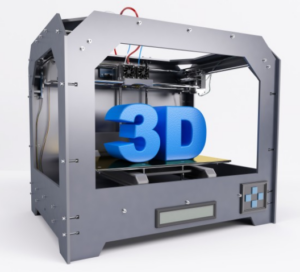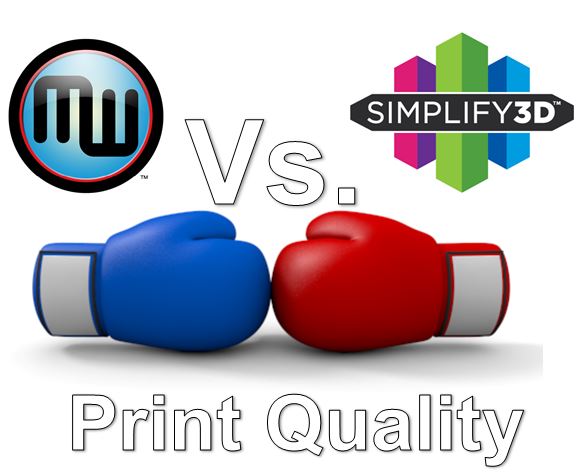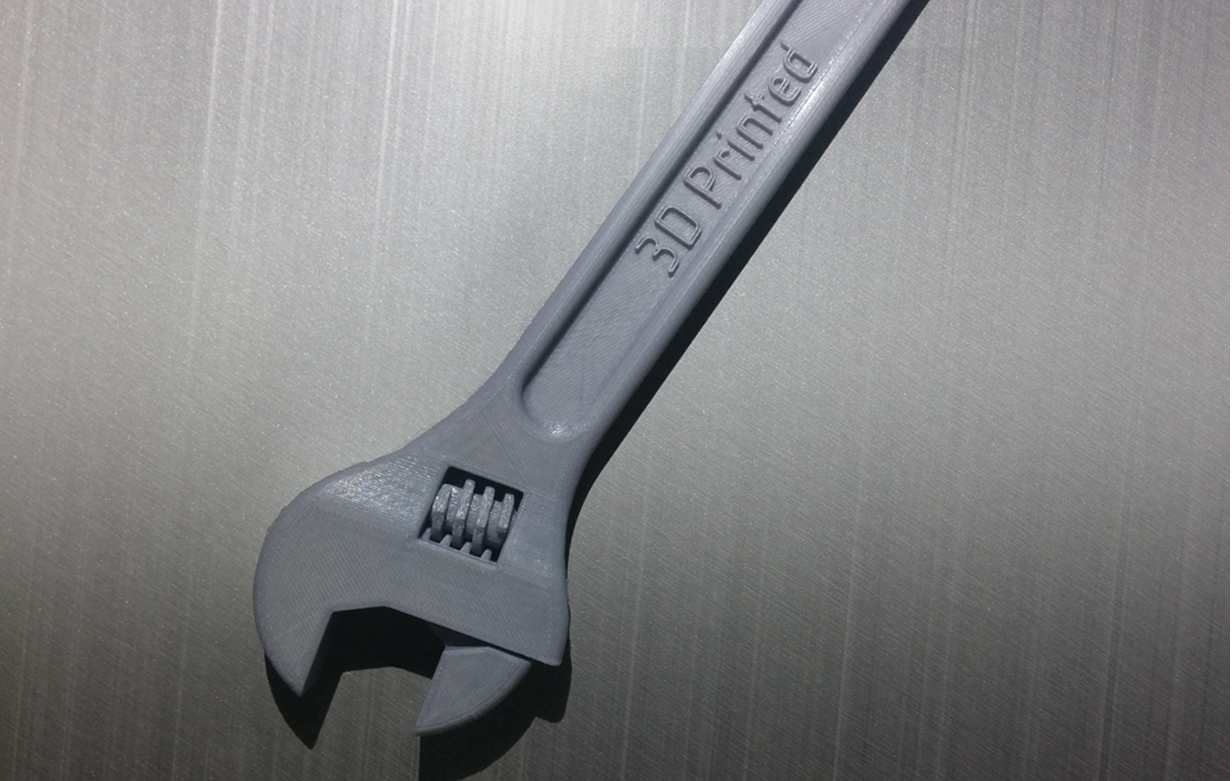PPSU (Polyphenylsulfone)
Brief Introduction and History: PPSU (Polyphenylsulfone) is a high-performance thermoplastic that has gained significant traction in the realm of 3D printing. Initially developed for industrial applications, its exceptional properties have made it an attractive option for additive manufacturing.
Material Composition: PPSU is a type of thermoplastic known for its exceptional thermal and chemical resistance. It is derived from a combination of bisphenol-A and 4,4′-dichlorodiphenyl sulfone, making it an ideal choice for applications that require durability and structural integrity.
Uses: Common applications for PPSU include aerospace components, medical devices, automotive parts, and various industrial prototypes. Its heat resistance and high strength make it suitable for functional parts in demanding environments.
Best Fit Use: PPSU is best suited for applications that require excellent thermal and chemical resistance, such as medical instruments, sterilization trays, and aerospace components.
Detailed Example of Specific Use 1: In the medical industry, PPSU is used to produce surgical instruments and autoclavable devices due to its ability to withstand repeated sterilization cycles without compromising performance or structural integrity.
Detailed Example of Specific Use 2: In the aerospace sector, PPSU is employed in the manufacturing of aircraft interiors, where its fire, smoke, and toxicity compliance, along with its high strength, make it a preferred choice for critical components.
Difference Between Basic and Advanced Forms: Advanced variants of PPSU may exhibit enhanced chemical resistance, improved flow characteristics for better 3D printing, and optimized mechanical properties compared to standard formulations.
Benefits: The benefits of using PPSU in 3D printing include exceptional thermal stability, high impact strength, resistance to common chemicals, and ease of sterilization, making it an ideal material for demanding applications.
Drawbacks: One potential limitation of PPSU is its relatively higher cost compared to other 3D printing materials. Additionally, its printability and post-processing requirements may pose challenges for some users.
Overall Rating for Daily Use: PPSU is highly suitable for regular use, especially in professional contexts where its superior properties are required for functional prototypes and end-use parts.
Future Developments: Ongoing research in PPSU focuses on refining its 3D printability, further enhancing its mechanical properties, and exploring new applications in industries such as electronics and consumer goods.






